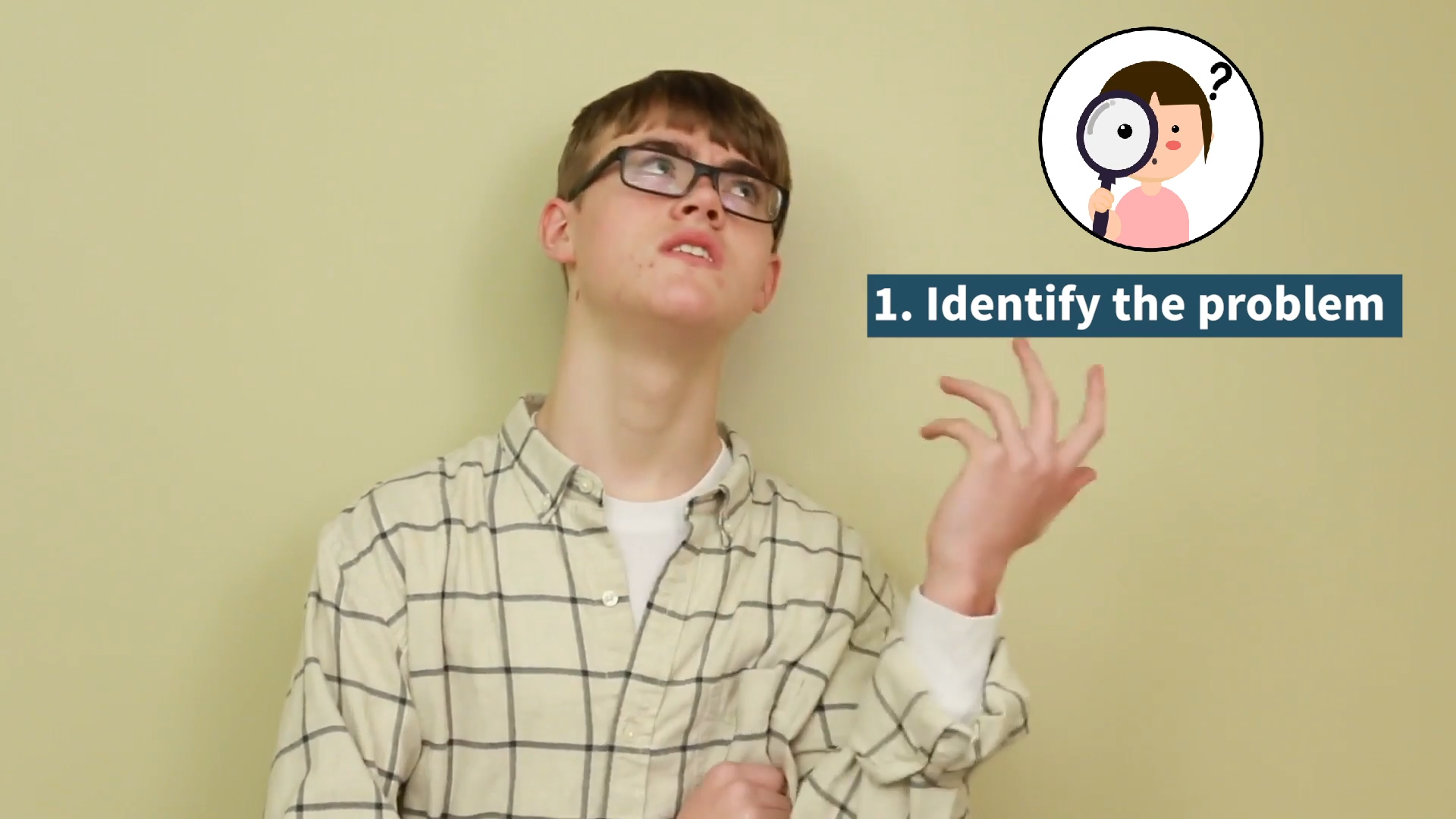As educators, we understand the importance of teaching our students essential life skills. In this blog post, we will discuss the importance of problem-solving skills and provide a structured approach to help students become more independent problem solvers. We will also offer a no-prep activity, discussion questions, and information about related skills.
Introduction
Problem-solving skills are crucial for students to navigate the challenges they face both in and out of school. These skills enable them to think critically, make decisions, and work through difficult situations. By teaching students the Problem Solving Steps, we can empower them to tackle issues independently and effectively.
No-Prep Activity
Here’s a simple, no-prep activity that you can use to help your students practice problem-solving skills:
- Divide your students into small groups.
- Present a common problem that students might encounter, such as forgetting their homework or having a disagreement with a friend.
- Ask each group to discuss and apply the Problem Solving Steps to the given scenario:
- Identify the problem.
- Decide if they need help or can handle it by themselves.
- Come up with a few solutions to try.
- Choose the best solution by playing out each one in their minds.
- Decide if the problem is solved or if they need to try again.
- After a few minutes, have each group share their chosen solution and the reasoning behind their decision.
Discussion Questions
After completing the no-prep activity, use these questions to stimulate further discussion:
- How did you feel when you were working through the Problem Solving Steps? Did you find them helpful?
- Can you think of a time when you faced a problem and used a similar approach to solve it? If so, did it work, or would you do something differently next time?
- Why is it important to consider others’ feelings when choosing a solution to a problem?
- How can practicing problem-solving skills help you in your everyday life, both at school and at home?
- What challenges might you face when trying to solve problems independently, and how can you overcome these challenges?
Related Skills
Besides problem-solving, there are other essential social-emotional learning skills that students should develop:
- Communication: Effective communication is crucial for expressing thoughts, feelings, and ideas.
- Empathy: Understanding and sharing the feelings of others helps build strong relationships and fosters a positive learning environment.
- Conflict Resolution: Learning how to resolve conflicts peacefully and constructively is essential for maintaining healthy relationships.
- Decision Making: Developing decision-making skills enables students to make informed choices that align with their values and goals.
- Self-Awareness: Understanding one’s emotions, strengths, and weaknesses can help students manage their feelings and make better decisions.
Next Steps
If you’re interested in exploring more resources to help teach problem-solving and other essential social-emotional learning skills, sign up for free samples at Everyday Speech. Their comprehensive library offers a wide range of materials, including videos, games, and worksheets, to support educators in teaching these valuable skills.






